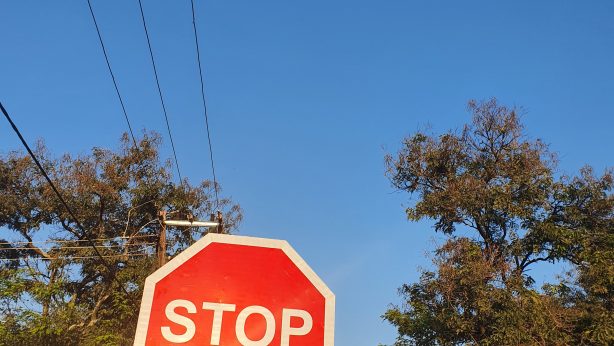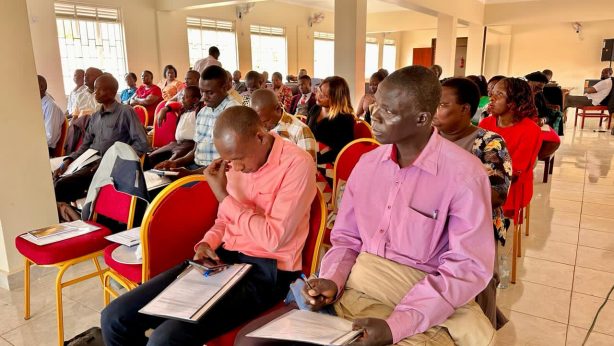Living in the dark
According to the 2022 report by the Uganda Bureau of Statistics, only forty-three per cent (43%) of Ugandans have access to electricity in their homes. Further analysis of the report reveals that these figures represent a significant disparity, with seventy-eight per cent (78%) of urban areas having access to electricity while only seventeen per cent (17%) of rural areas, including Kamuli, have access. Living off the grid slows development in many ways, there is little trade which affects job creation, affects children’s learning because of lack of proper lighting, safety and security risks, and the quality of health care is poor as well as public health in terms the use of the smoky candles and kerosene lamps which increases cases of respiratory health challenges.
At a more nuanced level, members within a household lose a lot of productive time as they use manual labour on tasks that could be best efficiently completed using electricity-powered tools increasing output per hour. These examples depict the lived experiences of the people of Bwase Bugobwe, a village located 6 kilometres from Kamuli Municipality. Bwase-Bugobwe is home to 742 people who have been desirous of having the village powered by electricity since 2017 when their zone was left out of the extension of electrical installation from Kiroba–Buwenda with the support of the woman Member of Parliament. The efforts by the community to get UMEME to deliver electricity failed.
Until 2020, when Participatory Action Research (PAR) in Kamuli, Bwase-Bugobwe village was one of the 12 pilot villages selected for the intervention. Two change agents, John Gawole and Namuddu Gloria were selected and trained alongside 22 others from 11 villages. Upon return to their communities, they support communities to reflect, prioritise and select the challenges that they feel if addressed will contribute to the greater community good.
The three priorities for their action plan were; lack of electricity; poor community access roads; and lack of access to clean and safe water. With the knowledge and skills acquired by the Change Agents, citizen follow-up committees and the members of the community prepared and submitted a request letter to UMEME even when they did not get feedback, they followed up.
They also wrote to the Director of Power Supplies, Kamuli and delivered a copy to their Woman Member of Parliament who at the time doubled as the Speaker of Parliament of the Republic of Uganda. The change agents together with the citizen follow-up committee held eight meetings and wrote 4 request letters to pursue electricity.
After two months of waiting, a technical team from UMEME finally visited Bwase-Bugobwe village and held a meeting with the change agents and the village leaders. This team followed the community transect map drawn by the community – the first PAR activity to capture GPS coordinates where to lay cables, the UMEME team surveyed the area and determined the number of poles identified as the site for the transformer.
Before execution, officials from the National Environmental Management (NEMA) Authority visited the village and requested to meet community members. Mr David Kapere the LC I chairperson together with the change agents convened a meeting where the nitty-gritty of the process was discussed including precautions and getting consent from citizens to pass electricity lines through their land and included compensation plans depending on damages caused in terms of trees cut down. The technicians assured the change agents that they would begin the electrification process as soon as the approvals were granted.
Between November 13th -15th, 2022, UMEME delivered electric tools and equipment, including two batches of wires and clippers. This was in line with the resolutions made during a meeting held the previous year, where UMEME cleared the paths on the main power line and involved the community in laying electric cables along the main roads and residential areas. The community made contributions by providing free labour in the installation of electric poles through Bwase Bugobwe.
For a long time, Bwase-Bugobwe was known as a remote village living in the dark. Following the introduction of Participatory Action Research in the village, residents seized opportunities that came along with its implementation. Through community collective action, they have turned their fortune around to be identified as the lighting village. This achievement has restored hope and belief among residents, filling them with optimism that the national grid connection will open doors for better business opportunities and, hence, increased incomes.
This piece is written by;
- Judith Nakayima; Assistant Program Officer – Voice and Participation at Twaweza Uganda, jnakayima@twaweza.org
- Salim Ahmed Agwe; An Intern with Twaweza Uganda consultantsaa@twaweza.org
- David Mugurusi, A Senior Program Officer at Twaweza Uganda, dmugurusi@twaweza.org


